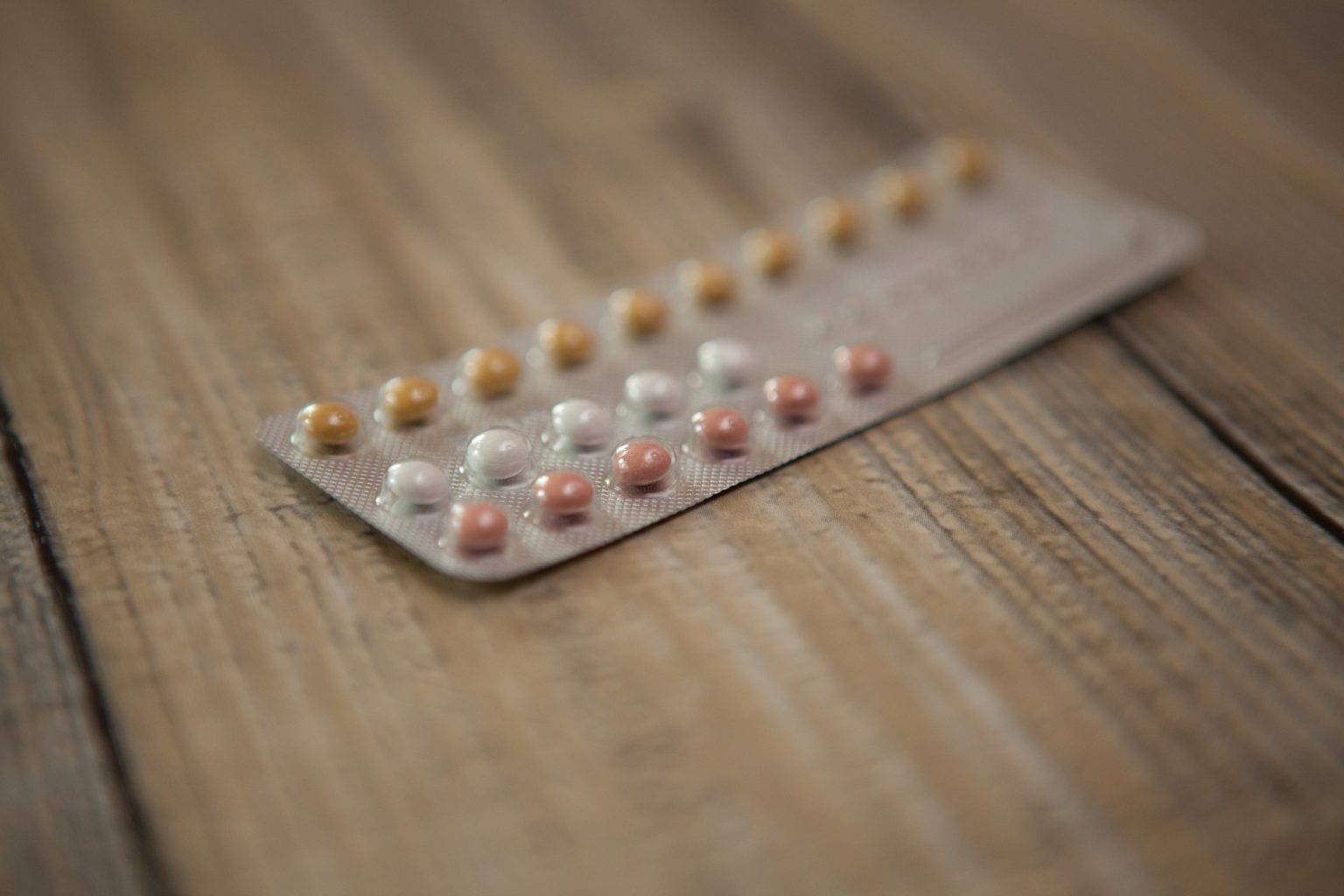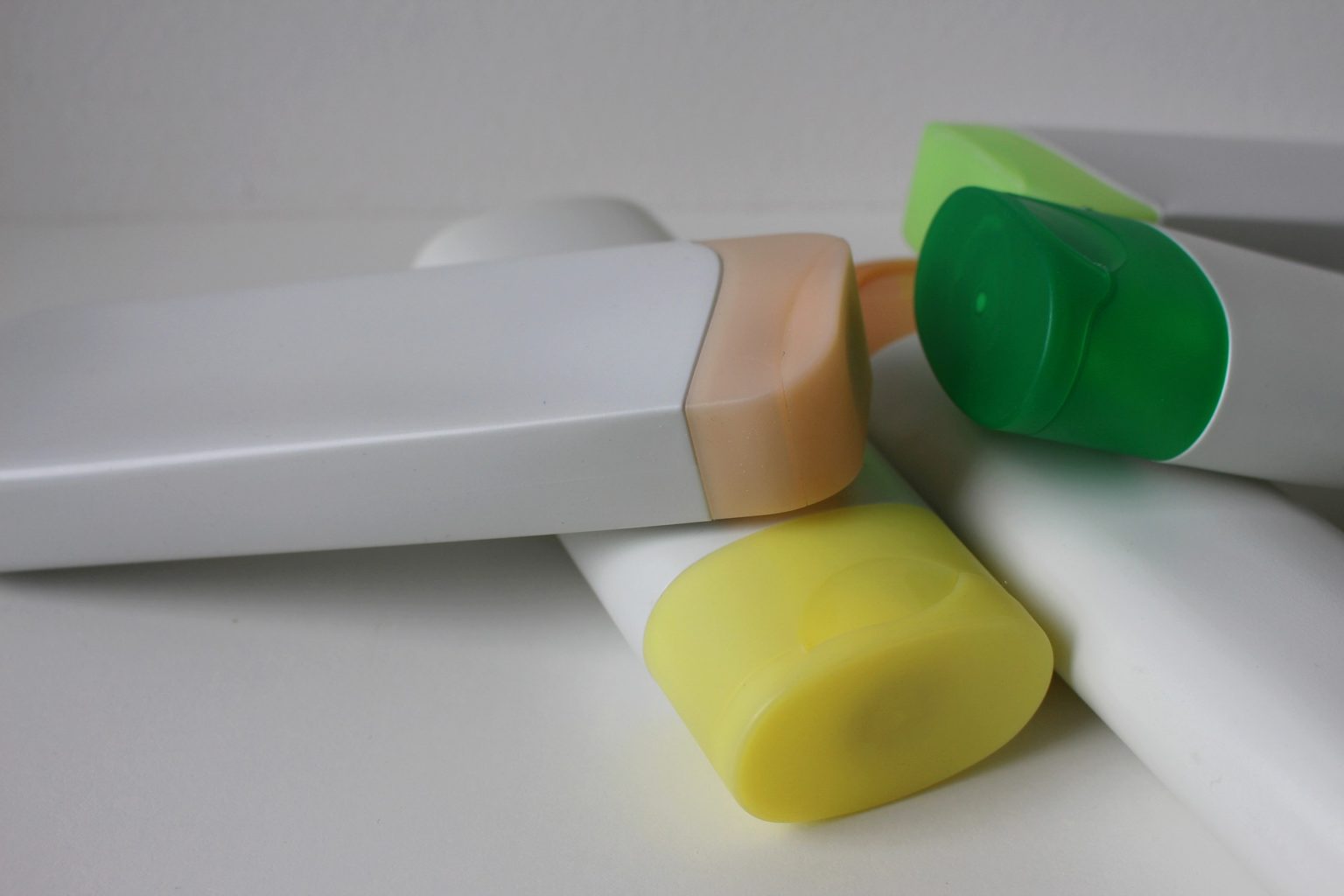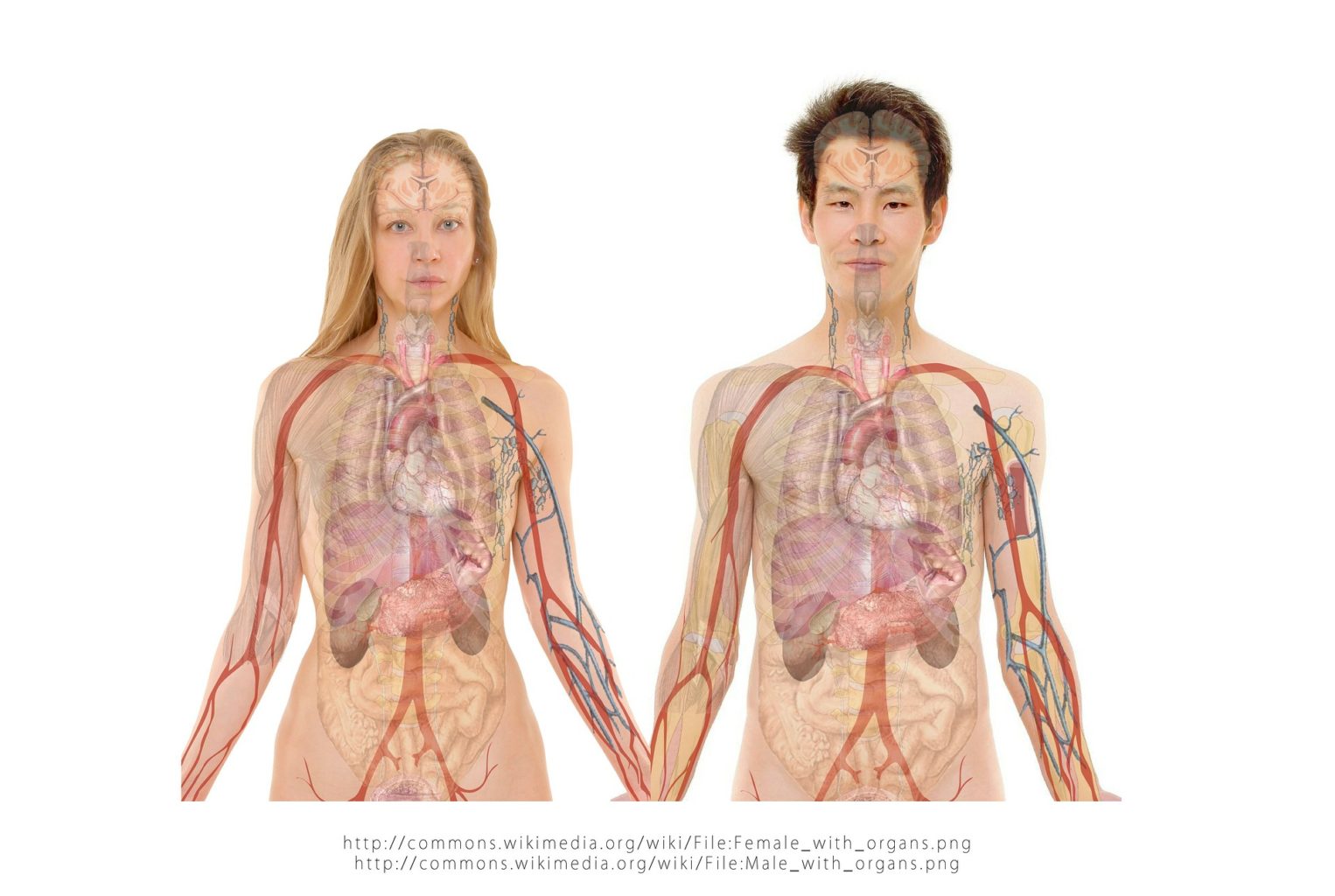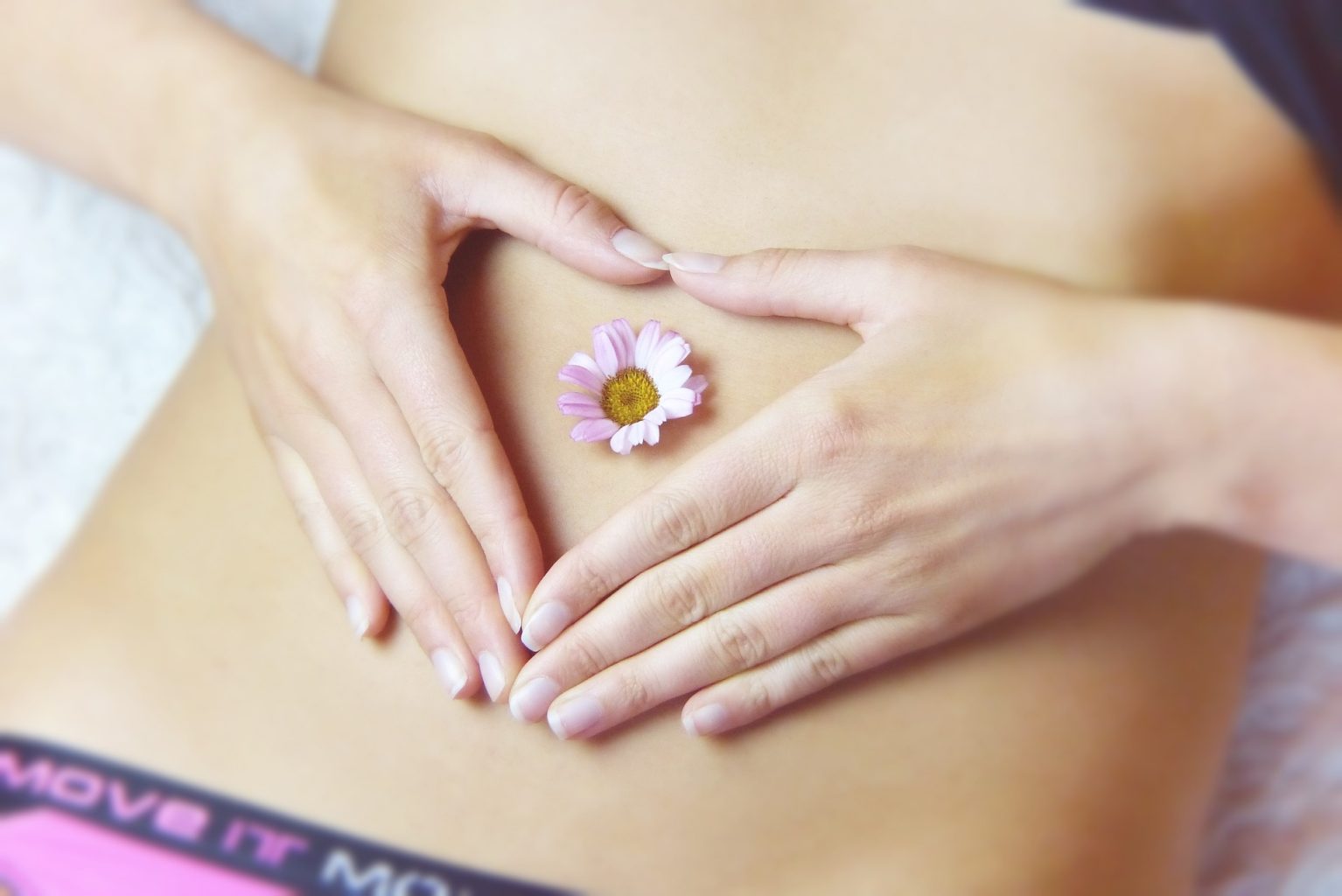Is it possible to balance your hormones naturally?
During and after my own experience with recurring miscarriage, I put a lot of time and effort into studying natural hormone balance
Our modern, tech-saturated world contributes a lot to poor health–we don’t spend enough time outdoors in the sunlight (which itself has a major effect on hormones) or doing physically challenging work.
Our environment surrounds and fills us with chemicals that affect our health. Low-fat everything means we’re not getting the healthy fats our body needs–and we’re filing up on sugar instead to make up for the lost flavor.
One of the major effects of this modern lifestyle is poor hormone balance.
Your hormones are the message carriers in your body. They tell your body’s systems how they should function and how they should react.
As a result, your hormones affect literally every system of your body (not just your reproductive system).
Hormone balance is critical to your health. Your emotions, your brain, your digestion, your breast health… If one system is out of alignment, it can throw your whole body off.
Here are the three keys I have found to be most helpful in my own journey toward balanced hormones.
Key #1: Balance Your Hormones Naturally by Supporting Your Hormones Directly
About a year after my husband and I got married, we started using natural family planning instead of hormonal birth control. The great thing about natural family planning is that not only does it help you either to avoid pregnancy or to become pregnant, it also tells you a lot about your reproductive hormones.

Because of natural family planning I learned that I most likely had low progesterone that was contributing to my short cycles. I put my researcher tendencies to use and dug up whatever I could about boosting progesterone levels.
Here are a few of my favorite herbs that are very well researched for their hormone-supporting benefits.
Maca
Maca comes from the Andes Mountains in Peru where the indigenous people have been using it for centuries for overall health. It is what is called an “adaptogen,” which means it has a stabilizing effect on the body and helps you respond better to stressors.
Maca improves fertility for both men and women. If you are on hormonal birth control, watch out–I’ve heard stories from women who got pregnant on birth control when they took maca.
It is a great source of amino acids, B vitamins, calcium, magnesium, and other nutrients; and is believed to be very effective for your fertility and balancing your hormones naturally.
Some of maca’s benefits:
- boosting fertility and balancing hormones (especially estrogen) in men and women
- encouraging ovulation
- increasing libido
- reducing symptoms of PMS, menopause, and PCOS
- boosting energy, memory, and mood
Maca can be difficult to digest in its raw form, so you’ll want to be sure to find maca that has been gelatinized (the starch has been removed). Also make sure it’s organic and from Peru (rather than China) to avoid contamination.
It usually comes powdered. Many people like the taste and add it to smoothies, but if you don’t like the taste (my husband and I don’t!), you can also buy it in pill form. If you use powdered maca, the general recommendation is to start with 1 tablespoon and work up to 2-3 tablespoons daily.
Vitex
Vitex, also known as chasteberry, is especially effective if you have low progesterone levels. If your progesterone is normal this may not be a good option for you. But if you do know that you have low progesterone, vitex is a good herb to add to your arsenal of hormone-supporting products.
Because of its effect on progesterone, it may also be effective for
- PMS
- infertility or miscarriage
- heavy periods
- symptoms of menopause
I highly recommend vitex if you have a short cycle caused by a short luteal phase (the phase of your cycle after ovulation). The first time I tried it, it didn’t do much for me, but after my most recent series of miscarriages, I decided to give it another go.
I found a different brand with a much stronger formulation and made sure to take it exactly the way the bottle said. For the first time in decades, I had a normal-length cycle!
I was also able to maintain my next pregnancy beyond my normal 4-5 week miscarriage point. So if you want to give vitex a try, I’d go with this one.
Vitamin B6
B vitamins help our bodies in so many ways, but B6 in particular is good for women experiencing hormonal imbalance. Alissa Vitti explains that “B6 is absolutely essential for the development of the corpus luteum,” the gland responsible for producing progesterone after you ovulate.
In addition to supporting progesterone production, B6 also
- supports healthy blood vessels
- improves brain function
- regulates mood
- keeps your eyes healthy
- can help you sleep
- reduces morning sickness
Vitti says that the best sources of B6 are
- Wild-caught tuna fish
- Bananas
- Grass-fed beef
- Chicken
- Spinach
- Sweet potato
- Garlic
- Salmon
Food, as always, is the best way to get your vitamins and minerals, but sometimes it just doesn’t happen. If you feel you aren’t getting enough B6, it’s worth trying a supplement.
Red Raspberry Leaf Tea
Red raspberry leaf (RRL) is excellent for overall body support and is one of my personal favorites. It promotes overall health but is also especially good for the female reproductive system.
It is just chock full of good stuff, including magnesium, potassium, iron, vitamin B… Is there anything it can’t do?
What it’s good for:
- reducing nausea (goodbye, morning sickness!)
- eliminating muscle cramps
- improving sleep
- toning the uterus and strengthening the pelvis–great if you’re preparing for childbirth
- improving PMS, heavy bleeding, and endometriosis
- helping couples get pregnant
You can buy it in serving-size tea bags (just make sure it’s raspberry leaf, not the fruit), but my preferred, frugal-friendly form is looseleaf. Here’s how I prepare it:
- In the evening, before bed, boil 1 quart water.
- Pour boiling water over 1/4 cup RRL. (I use a mason jar.)
- Cover lightly and let steep overnight.
- In the morning, strain out leaves and drink throughout the day.
Direct hormone support isn’t quite enough…
After I started using maca, vitex, B6, and red rasberry leaf tea daily to support my hormones, I saw some improvements.
But I wasn’t seeing the full results that I wanted to see. That’s because supporting your hormones directly is only part of the hormone-balancing equation.
Imagine you have a cut on your arm that’s starting to look red and swollen and infected, so you go to the doctor. You expect the doctor to treat the infection, but he just puts a bandage on it.
If you have an infection in the cut, the bandage isn’t going to be enough, right? It might be a part of the solution, but it’s not the whole solution.
The bandage is just going to cover up the problem. You have to actually dive deeper and take care of the underlying problem.
There is more to hormone balance than just making your hormones strong.
Key #2: Balance Your Hormones Naturally by Eliminating Endocrine Disruptors
The second key that I found was to eliminate endocrine disruptors.
This article is a pretty thorough rundown of what endocrine disruptors are and what they do. (And if you’re not a fan of Wikipedia, it links to quite a few professional articles and publications.)
Endocrine disruptors are hormone-disrupting chemicals that you find in the vast majority of conventional products on the shelves at the store.
These products includes everyday staples like your beauty-care products, lotions, shampoo, body wash, household cleaners, dishwasher soap, laundry soap, makeup, and more.

They’re even in your food. I was in the grocery store one day looking for corn tortillas and saw that the ingredient list on one package included parabens.
Parabens are a preservative. They’re also an endocrine disrupter that mimics estrogen in your body. Endocrine disruptors such as parabens, phthalates, and BPA interfere with the balance of your hormones.
As part of this natural hormone balance journey I found out that endocrine disruptors are in almost every beauty product, personal care product, and cleaning product that is available in the grocery store. They’re also in your clothes, your receipts, your drinking water, and your food’s packaging.
The Environmental Working Group lists the following 12 “Dirty Dozen” endocrine disruptors:
- BPA
- Dioxin
- Atrazine
- Phthalates
- Perchlorate
- Fire retardants
- Lead
- Arsenic
- Mercury
- Perfluorinated chemicals
- Organophosphate pesticides
- Glycol ethers
Side note: there are other environmental factors that can affect your fertility too. Some research indicates that radio-frequency exposure (for example, from cell phones) can damage male fertility. That’s just one reason you might want to stop sleeping with your cellphone.
Greenwashing
I had to be intentional about the products I was using. So I started to switch out my conventional products with natural products.
But what makes that switch incredibly hard is something called greenwashing.
Greenwashing is basically a marketing ploy. Marketers know that consumers are starting to read labels. They know you don’t want artificial dyes, you don’t want parabens, you don’t want sulfates.
So they include on their packaging phrases like “paraben free,” “synthetic fragrance free,” “all-natural,” and even “organic.” There was even a certain company that used to have the word “organic” in its name, but there was nothing organic about it.
The problem is, all this marketing is so misleading. If you turn over the bottles and look at the ingredient lists, you’ll see they are full of other ingredients that interfere with your health and disrupt your hormone levels.
Beat the marketing
The best way to beat the marketing is to educate yourself. Become a label reader!
A good resource as you start to switch out your products is the EWG’s Skin Deep database. You can look up specific ingredients in the database and see what risks they pose for your health.
Search for the ingredients on the backs of your products to find out whether you feel comfortable using them for yourself and your family.
But in addition to greenwashing, there’s also the challenge of having to remember what all of these ingredients are. Some ingredients have weird names but are actually OK; others sound OK but are actually harmful.
Switching to clean products is a huge undertaking. I would spend what felt like hours in the aisles of the grocery store trying to find a bottle of shampoo, trying to find products that I felt were safe for me and my family to use.
I would finally buy something, take it home, look up the ingredients again when I was at home, only to find out that there was something I’d overlooked. So I’d have to start the process all over again.
It was a frustrating, overwhelming experience. Slowly, I finally started to find products I was okay with using, but I still had only a couple pieces of the puzzle.
Key #3: Balance Your Hormones Naturally by Supporting Your Entire Body
The final piece I was missing is this: to balance your hormones naturally you need to support your entire body.

I had no idea when I started this journey that my hormones were not an independent system in and of themselves. When we think about hormones I think most of us think about the reproductive system.
We know hormones are necessary to have a baby, but there’s so much more. The endocrine system is kind of like an orchestra conductor for your body. It tells all the other systems of your body what they should do.
For example, your thyroid is a hormone; melatonin is the hormone that helps you sleep; there are hormones in your digestive system that tell you when to stop eating.
Insulin is a hormone that can lead to diabetes when it’s imbalanced. There are growth hormones. Some people’s growth hormones don’t work properly and they never stop growing.
The effect of hormone imbalance on other body systems
Then of course there are your reproductive hormones. You may find that it’s not just a reproductive hormones issue if your hormones are imbalanced.
Symptoms that seem unrelated but can indicate hormone imbalance are things like carb cravings or binging, sugar and chocolate cravings. You might have to rely too much on caffeine or you might have anxiety, insomnia, waking up too much during your sleep, headaches, facial or body hair where you shouldn’t have it, or excess weight gain.
Your digestive system is connected so you may experience things like irritable bowel syndrome, oily skin, acne, dandruff.
All of these hormones are interrelated, so if one of your hormones is off kilter it can affect all of the other hormones in your body as well. If your insulin is imbalanced it may affect your progesterone, or if your melatonin isn’t quite right it may affect your thyroid levels.
Related: Where to Start with Hashimoto’s
How other systems affect your hormones
There’s a huge amount of interconnection. Your hormones affect every system of your body and every system of your body affects your hormones. For example, the digestive system is the way that your body gets rid of excess hormones.

If your digestion isn’t working the way that it’s supposed to, your body will struggle to flush out any excess hormones it may be producing or that you’re being exposed to because of, for example, endocrine disruptors in the products you’re using.
Another example is if you’re carrying too much weight. Estrogen is stored in your fat cells, so if you are overweight you will probably have too much estrogen. If you are underweight then you may have too little estrogen. Everything is interrelated.
Because everything is interrelated, you need to support your whole body in order to balance your hormones naturally.
How to support your entire body
First is diet. Make sure you’re eating a healthy diet high in vitamins and minerals. Eat a lot of fresh produce, healthy fats like coconut oil, healthy proteins. If you eat animal proteins, make sure the animals aren’t being exposed to excess hormones.
Consider cutting back on caffeine. There’s research that shows coffee can contribute to miscarriage and affect hormone balance as a whole. As much as I love coffee, I’ve given it up in favor of better hormone balance.
If you’re not sure where to start with diet, take a look at my template for a healthy diet. It’s a great starting point.
Then there’s exercise. Keeping yourself fit means regular movement. I know it’s a challenge for moms of littles, so maybe that means dancing with your kids or running around the playground. Anything that keeps you moving counts.
Sleep is another huge factor in hormone balance. Your body removes toxins and creates hormones while you sleep, so if you’re not getting enough of it, your hormone balance will suffer. I really like these essential oils for sleep and these sleep diffuser blends to help me get a good night.
Reduce stress. Stress causes your body to produce cortisol, which can steal the resources your body needs to create progesterone. It also affects your sleep and your mental health.
Related: 3 Keys for Raising Hormone-Healthy Daughters

You can also supplement. Magnesium, vitamin D (actually a hormone precursor, not a vitamin), and Omega 3s, are all essential nutrients that many people are deficient in.
There are so many ways to support your body, but a final way that I have personally found to be extremely effective is with essential oils.
Essential oils can
- naturally flushing toxins out of your system
- support your digestive system so that your body is working well enough to flush out excess hormones
- keep your immune system going strong
- support the muscular system
- replace candles and air fresheners (a huge source of endocrine disruptors)
- keep your skin clear and healthy
- support your mental and emotional health
- keep your respiratory system clear
Using my oils daily is one of most effective ways I found for keeping my whole body supported and healthy. Once I implemented essential oils into my life as a regular part of my everyday routine rather than for troubleshooting, I noticed a huge difference in my health.
My Full System for Balancing Your Hormones Naturally
First, some disclaimers.
I am not a doctor. I just love to research and am simply sharing my own experience. I’m not making any claims that you will experience the same results.
Remember that there is no silver bullet, and you may have other issues at play. For example, during my fertility testing, I found out that I have a uterine defect that can make it harder for my body to produce progesterone.
I can’t change the shape of my uterus, but I can make lifestyle changes that improve the functioning of the body God gave me.
This system is what I was following when I got pregnant with our daughter, our second child, and this pregnancy was a night and day difference from my pregnancy with my son.
Related: When Should You Announce Your Pregnancy?
1. Support the entire body
I try to limit eating out and make most of what we eat at home. I’m not perfect, but I believe that an emphasis on fresh foods made at home helps. I buy organic when I can.
I run around with my kids and take walks–this is something I’m still working on since it’s really hard to get out for “real” exercise when there are small children at home. But I do what movement I can.
I use essential oils, plus some overall body support supplements as a regular part of my life every single day.
You can read more about where I recommend starting with essential oils here.
2. Replace toxic products
I replaced my makeup, my personal care products, my cleaning products to get rid of endocrine disruptors. I replaced them all with clean products that I knew would not be undoing the work I was doing to support my body and to balance my hormones naturally.
Most of these I get with my monthly wellness box from my essential oils company, which has hugely reduced the stress of figuring out which products are safe for my family’s health.
3. Directly support hormones
To support my hormones, I took maca, vitamin B6, and vitex, and drank red raspberry leaf tea while implementing the following essential oil regimen:
- for the first part of my cycle, from when I started my period to when my period ended I would use the Dragon Time essential oil blend.
- from after my period ended until when I ovulated (use natural family planning to figure out when this happens!), I used the Lady Sclareol essential oil blend to support healthy estrogen levels.
- then for extra progesterone support during my entire cycle I used a serum called Progessence Plus, which contains natural progesterone. Initially I used it only after ovulation, but I wasn’t quite seeing what I wanted to see. So then I started using it every single day without fail, once a day before ovulation and twice a day after ovulation when progesterone is the dominant hormone.
Conclusion
It can take a lot of thought and probably some trial and error, but based on my own experience I believe it is possible to balance your hormones naturally.
When you eliminate the endocrine disruptors, use products and supplements that directly support your hormones, and support your entire body’s wellness, I believe you can’t help but see positive effects in your body.

Did you find this content helpful? Please show it some love with a pin to Pinterest!
13 thoughts on “How to Balance Your Hormones Naturally”